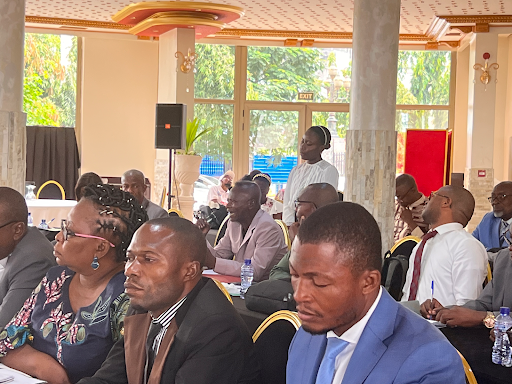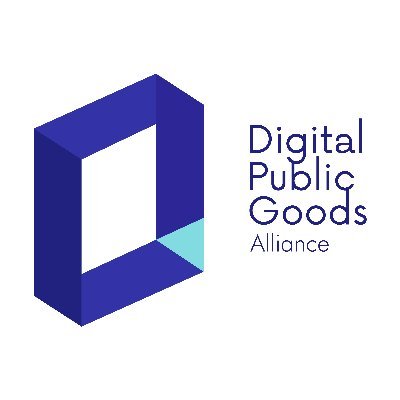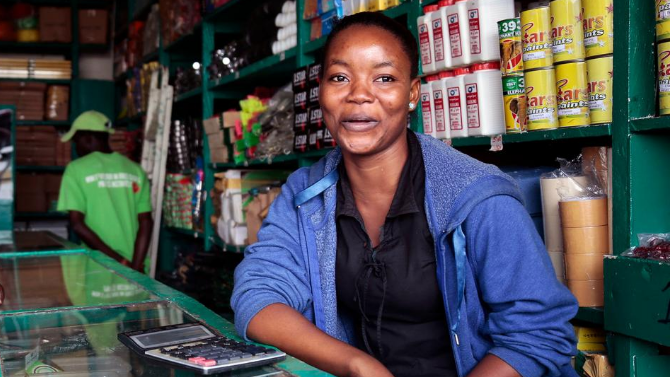We Can Leverage Data Today for Better M&E Tomorrow
A few days ago, the Devex Impact blog featured, M&E 2.0: Using big data to kill white elephants, by Tim Docking about how development monitoring and evaluation practices need to accelerate to keep pace with cutting-edge methods for collecting, analyzing, and using data to do good. He wrote:
…modern international development design and implementation lacks a correspondingly modern monitoring and evaluation tool, one that would rapidly, effectively and inexpensively provide feedback on key performance indicators and outcomes…[but] the emergence of ‘big data’ as a science; and the corresponding application of analytics to massive amounts of unstructured digital information, are all trends that open up new frontiers for the analysis and use of development data.
At Development Gateway, we couldn’t agree more. Nearly all development stakeholders generally feel that we need to get more information, keep it organized, and use it better to make decisions. But we further posit that these big data goals are achievable today. There are concrete steps that donors, governments, and NGOs can take right now to make development data matter more.
In fact, a lot of relevant data already exist in most developing countries. However, it is often spread out, siloed, and generally hard to access. Today’s most pressing problem is getting all of the existing data to the right place where the right people can actually use it.
In any given country, most donors and NGOs have some kind of internal M&E tracking system. Most development projects have a set of indicators with at least some follow-up data. Demographic information from multiple official and non-official surveys is stored in various databases. And countless evaluation reports spanning every development sector sit on hard drives and bookshelves. If development policymakers – both in donor agencies and in government ministries – can capture and use even a cross-section of these rich data sources, the possibilities for better decision-making are immense.
At Development Gateway, we’re working hard to build these kinds of game-changing M&E country systems. These systems are much more than another database tool – they are a comprehensive strategy for changing government approaches to M&E. A good system should:
- Collect, store & share monitoring data and evaluation information
- Aggregate & compare similar data from different sources
- Provide tools to easily view, analyze, and report on data
- Build capacity to use M&E to make decision
But the main take-away message is that development community should work now to help countries build these central M&E systems. Governments are asking for them and country systems do work (we have 24 successful government-owned financial information platforms around the world). If the development community puts funding and expertise behind building strong systems for storing and using the results information we already have, we’ll be set to achieve better development results.
Share This Post
Related from our library

Stakeholder, Where Art Thou?: Three Insights on Using Governance Structures to Foster Stakeholder Engagement
Through our Tobacco Control Data Initiative (TCDI) program and its sister program Data on Youth and Tobacco in Africa (DaYTA), we have learned that creating governance structures, such as advisory boards or steering committees, is one approach to ensuring that digital solutions appropriately meet stakeholders’ needs and foster future stakeholder engagement. In this blog, we explore three insights on how governance structures can advance buy-in with individual stakeholders while connecting them to one another.

DG’s Open Contracting Portal Designated as a Digital Public Good
Digital Public Goods Alliance designated DG’s Open Contracting Portal as a digital public good in September 2022. The Portal provides procurement analytics that can be used to improve procurement efficiency and, in turn, reduce corruption and increase impact.

To Enable W-SMEs to Thrive in Côte d’Ivoire We Start by Listening to their Data and Digital Needs
This blog is co-written by Development Gateway’s Aminata Camara, Senior Consultant; Kathryn Alexander, Senior Program Advisor; and MCC‘s Agnieszka Rawa, Managing Director of Data Collaboratives for Local Impact (DCLI). On June 28th, 2021, MCC, USAID, Microsoft, Thinkroom, and Development Gateway will be co-hosting a workshop to share, validate, inform, and build on recent research on